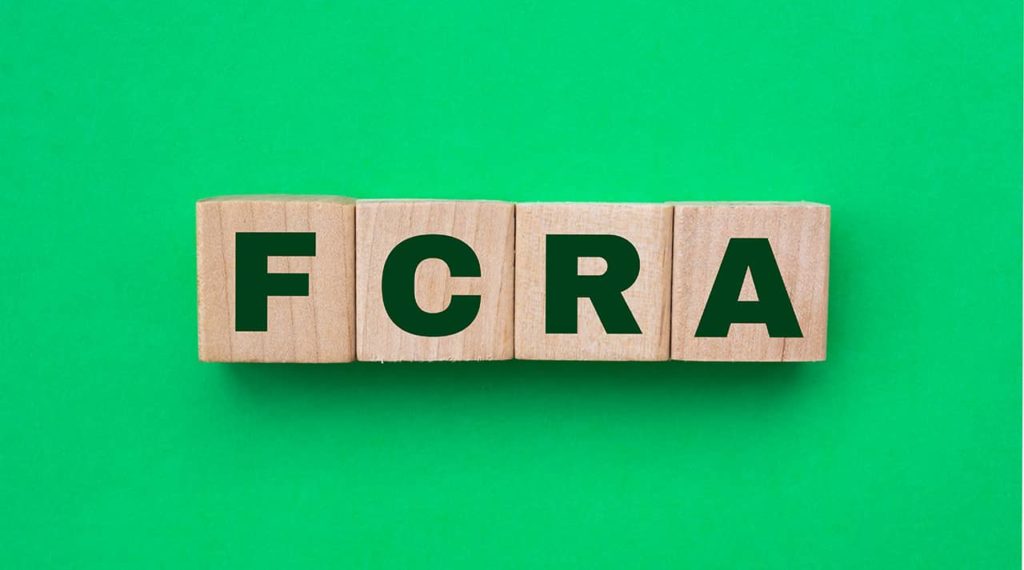In Ramirez v. TransUnion LLC, the Ninth Circuit granted a joint motion by defendant TransUnion and plaintiff Ramirez to stay the mandate while TransUnion appeals a petition for writ of certiorari with the U.S. Supreme Court. As noted in a Hunton blog
For the first time in the Ninth Circuit, the Court of Appeals addressed the issue of whether every class member in a class action lawsuit needs “standing” to recover damages at the final judgment stage, and found in the affirmative. In Ramirez v. TransUnion LLC, No. 17-17244, 2020 WL 946973 (9th Cir. Feb. 27, 2020), a class of 8,185 consumers brought a class action against the credit reporting agency TransUnion LLC (“TransUnion”) pursuant to the Fair Credit Reporting Act (“FCRA”), alleging that TransUnion, knowing that its practice was unlawful, incorrectly placed terrorist alerts on the front page of consumers’ credit reports and later sent the consumers misleading and incomplete disclosures about the alerts and how to remove them.
TransUnion’s appeal to the Supreme Court follows a petition for rehearing, which was denied by the Ninth Circuit. A noted in another Hunton blog,
TransUnion claimed [in its petition for rehearing] that the dissent had the correct view, and the majority’s decision ‘not only conflicts with Supreme Court teachings, but puts the Ninth Circuit on the wrong side of a lopsided circuit split.’ TransUnion argued that the class of consumers did not have standing for their FCRA claims unless their credit reports were disclosed to a third party. TransUnion further alleged that the class should have been decertified because Ramirez, the named plaintiff, ‘was radically atypical of the class he purported to represent’ since there was no evidence that any other class member’s credit report was disseminated. Finally, TransUnion disputed the court’s punitive damages award because a reduction to 4 times the statutory damages award was not enough. According to TransUnion, the Supreme Court requires, at a maximum, a punitive damages award ‘equal to compensatory damages . . . when compensatory damages are substantial.’
TransUnion added that “[i]t is no exaggeration to say that, for many class members, the first indication that they were injured at all will be when they receive a $4,925.10 check in the mail. That absurd result is the product of ignoring basic requirements of Article III, Rule 23, and due process.

Eric J. Ellman is Senior Vice President for Public Policy and Legal Affairs at the Consumer Data Industry Association (CDIA) in Washington, DC. He also served for eight months as Interim President and CEO of the Association. More
